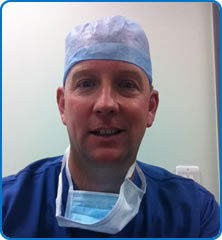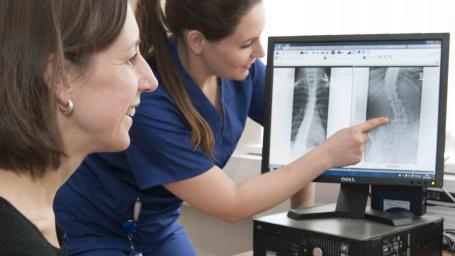A groundbreaking research study exploring the potential of blood tests to diagnose dementia is underway at North Bristol NHS Trust, marking a significant step toward improving the UK’s dementia diagnosis rate.
This initiative, led by the READ-OUT (REAl World Dementia OUTcomes) research team at Dementias Platform UK (DPUK), seeks to address gaps in diagnosis and enhance early detection of dementia, ultimately improving outcomes for people living with the condition.
The study is part of the Blood Biomarker Challenge – a multi-million-pound programme led by Alzheimer’s Society and Alzheimer’s Research UK, supported with funds raised by players of People’s Postcode Lottery. It aims to explore whether a panel of blood tests can complement existing diagnostic pathways in NHS memory clinics, helping clinicians provide faster and more accurate diagnoses for people living with dementia.
The team will assess multiple new and existing blood tests, looking at a range of dementia types including Alzheimer’s disease, vascular dementia, frontotemporal dementia, and dementia with Lewy bodies. The researchers will also look at whether the blood tests can help detect these diseases at various stages and if the results need to be interpreted differently in people from different ethnic backgrounds or with other health conditions such as kidney disease.
The first participants joined the study in Oxford in January 2025, marking the start of a nationwide drive to recruit over 3,100 participants from currently 31 DPUK sites across the UK. These sites, located in NHS memory clinics and community buses, aim to recruit participants from a diverse range of communities, ensuring the research is inclusive and reflects the wider population.
This research will provide vital evidence needed to integrate blood tests into routine clinical practice in the NHS, ultimately improving diagnosis speed and accuracy, and ensuring that more people in Bristol and across the UK receive timely treatments and support.
For more information on READ-OUT or to register interest in taking part in the study, visit the READ-OUT study site.
PI: Professor Elizabeth Coulthard
Planned end date: 31/10/2029
Local Ref: R&D 5727



